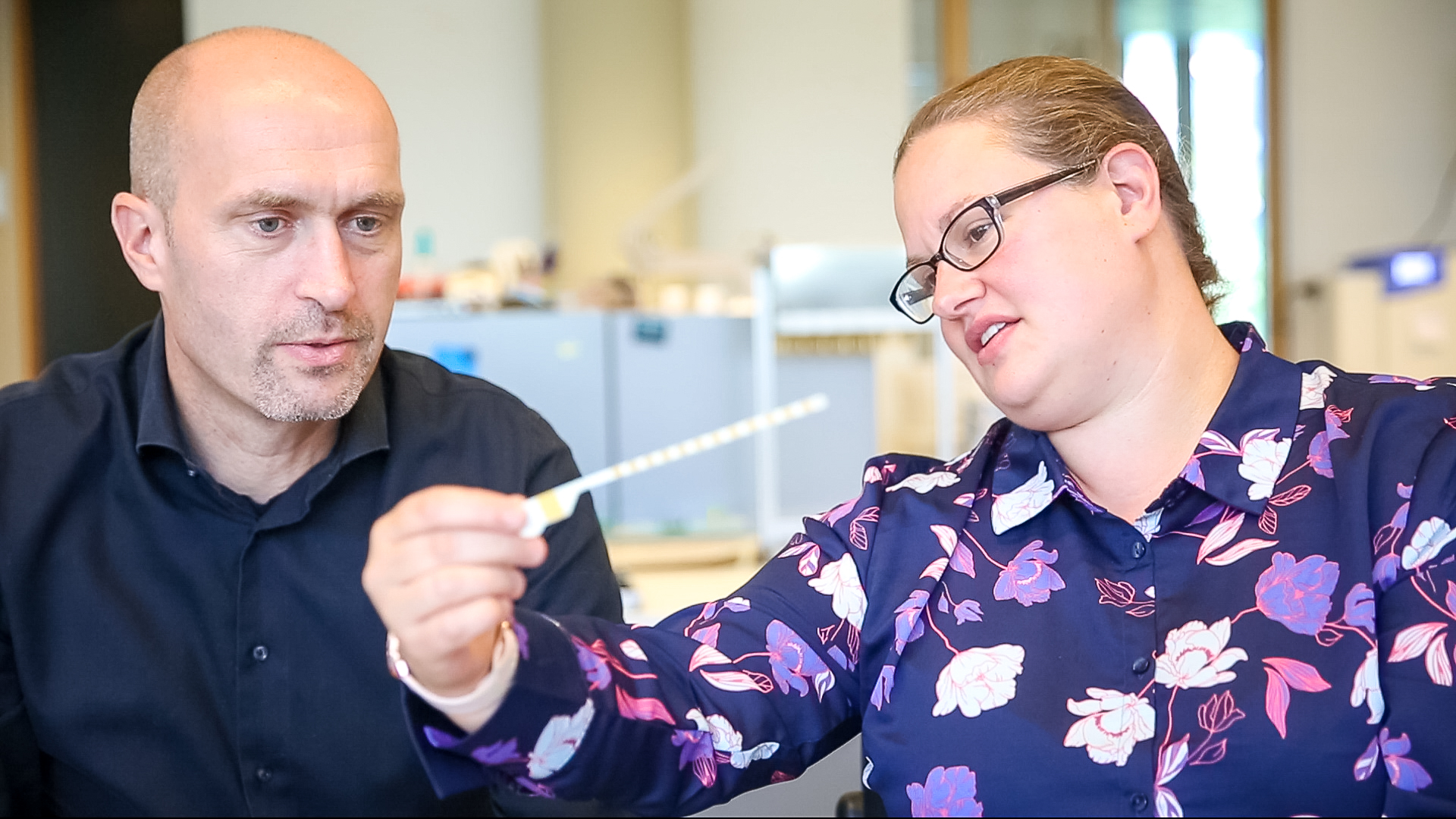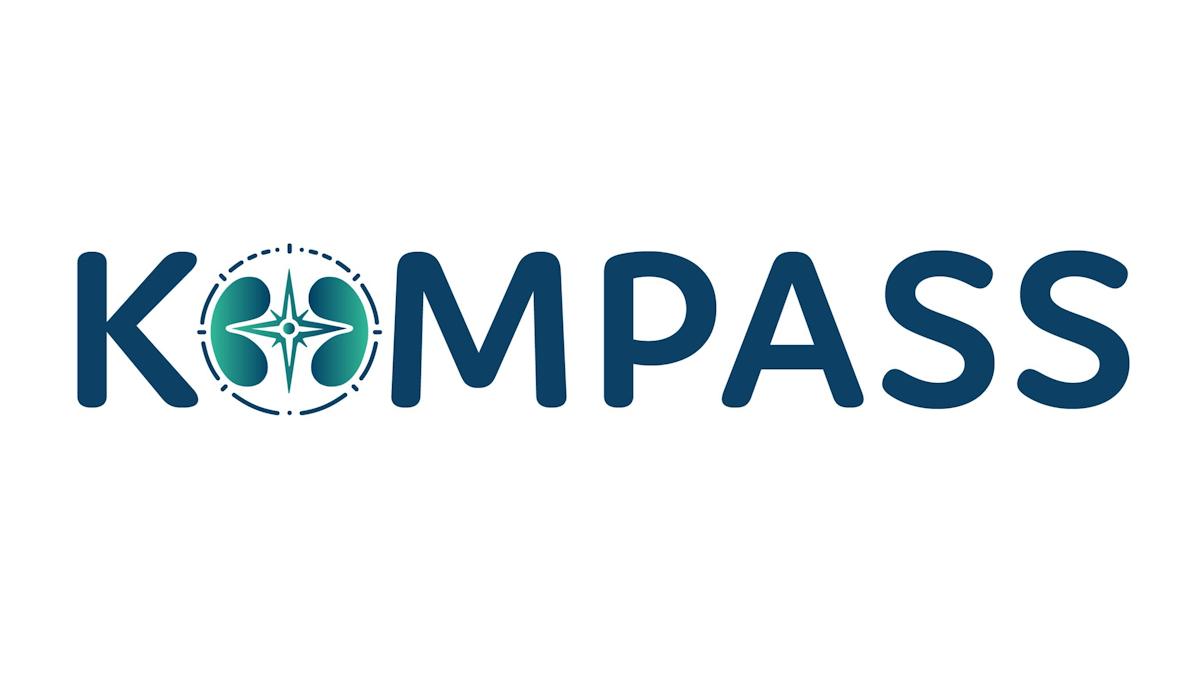Salvia raises 26 million euros to finance migraine neurostimulation therapy

Salvia BioElectronics has raised 26 million euros ($30 million) in new financing to fund development of a neurostimulation therapy for chronic migraine.
Neurostimulation has been proven as an effective treatment in chronic migraine, but there are no approved implantable devices currently available.
Bioelectronics are smart devices using mild electrical impulses to influence nerve activity and is already well established in other fields of medicine – cardiac pacemakers have been in use for decades.
But traditional neurostimulation systems are not designed to be compatible with the anatomy of the head, and Netherlands-based Salvia has developed flexible bioelectronic foils that could be inserted below the skin in a minimally invasive procedure.
The Series A investment round was led by Panakès Partners, INKEF Capital and SHS Gesellschaft für Beteiligungsmanagement with participation from BOM Brabant Ventures, Thuja Capital and Dolby Family Ventures.
The total raised includes a 5m ($5.78 million) euro deferred risk-bearing Innovation Credit from the Netherlands Enterprise Agency (RVO, part of the Dutch ministry of Economic Affairs and Climate Policy).
In conjunction with the financing, Diana Saraceni, founder and managing Partner at Panakès Partners, Roel Bulthuis, managing partner at INKEF Capital and Sascha Alilovic, managing partner of SHS Gesellschaft für Beteiligungsmanagement will join the company’s board.
Migraine is the first cause of disability in under 50s, affecting one out of seven people, predominantly women.
People with migraine experience episodes of throbbing, pulsating pain, sometimes accompanied by nausea, vomiting, and sensitivity to light, that can last anywhere from a few hours to a few days.
More than 5% of patients suffer from chronic migraine, where they experience migraines for an average of 22 days per month.
A group of drugs known as calcitonin gene-related peptide (CGRP) inhibitors have recently been approved to prevent or reduce attacks.
However there has been limited progress to find new treatments for migraines for patients with chronic disease.
The most common treatments are antidepressants, beta blockers, anti-seizure medications, painkillers and even botulinum toxin.
Allergan and Eli Lilly have recently had Ubrelvy (ubrogepant) and Reyvow (lasmiditan) approved for acute treatment of migraine as patients begin to feel symptoms.













